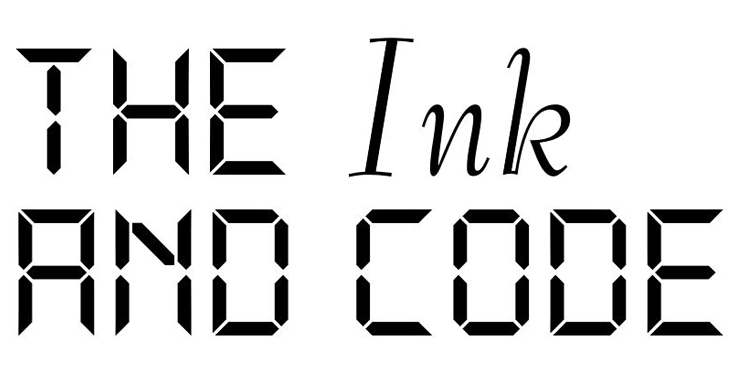“We are here to say goodbye to… Sorry, I have a blank.”
Fiona (Fiona Gordon), a Canadian librarian in a small and snowy town, is called away to Paris by her 88-year-old aunt Martha (Emmanuelle Riva), who is about to be sent off to a nursing home against her will. Fiona rushes across the Atlantic to discover her aunt is nowhere to be found. But that’s only the start of her problems, as she loses all her belongings after accidentally falling into the river Siene. Lost and alone, Fiona struggles to get by, only able to speak a little French. Her things find their way into the hands of Dom (Dominique Abel), a local homeless man who sleeps in a tent at the river’s edge. Fiona and Dom’s paths cross more than once as she searches for her aunt, who continues to do some of her own wandering to avoid being taken away. The film charms from start to finish as the trio dance their way from one misadventure to the next in Fiona’s attempts to reunite with Martha.
A visual delight bathed in an artfully composed palette of vivid primary colors, Lost in Paris was my introduction to the filmmaking duo of Dominique Abel and Fiona Gordon, the real-life couple who wrote, directed, and starred in the film. Perhaps one of the best compliments I can offer after discovering new artists is a desire to run out and see their other works; Abel’s and Gordon’s previous films are now on the top of my queue. Here, they offer up a quirky style that will resonate well with fans of Michel Gondry, Jean-Pierre Jeunet, or Wes Anderson, though distinct in its own right and hearkening back to slapstick comedies of decades past. There’s an undeniable charm to Abel and Gordon, both when they’re sharing scenes and on their own. I don’t want to reduce it to just their natural chemistry. Instead, it feels like a genuine synthesis of two artists sharing a combined vision that could only be crafted when the pair is more than just creative partners. Maybe it’s love. Maybe it’s magic. Maybe I’m reading too much into it. But it works.
The vibrant cinematic alchemy on display is refreshingly free of cynicism. Each of the main characters has an underlying sadness, but never does it become unwieldy. For each, an effervescent joy for life dictates their actions. Every gesture and every moment is playful, even in moments when one character mistakenly feels another is dead. There’s an inherent goodness to the world these characters inhabit. Look no further than the inciting incident–a stranger mailed Fiona the letter from Martha, which they found in the trash. A faceless someone took the time to do that and this film offers up a world of people like that. Who wouldn’t want to live in such a world?
For a truly special and uplifting film, you can’t do better than Lost in Paris.

